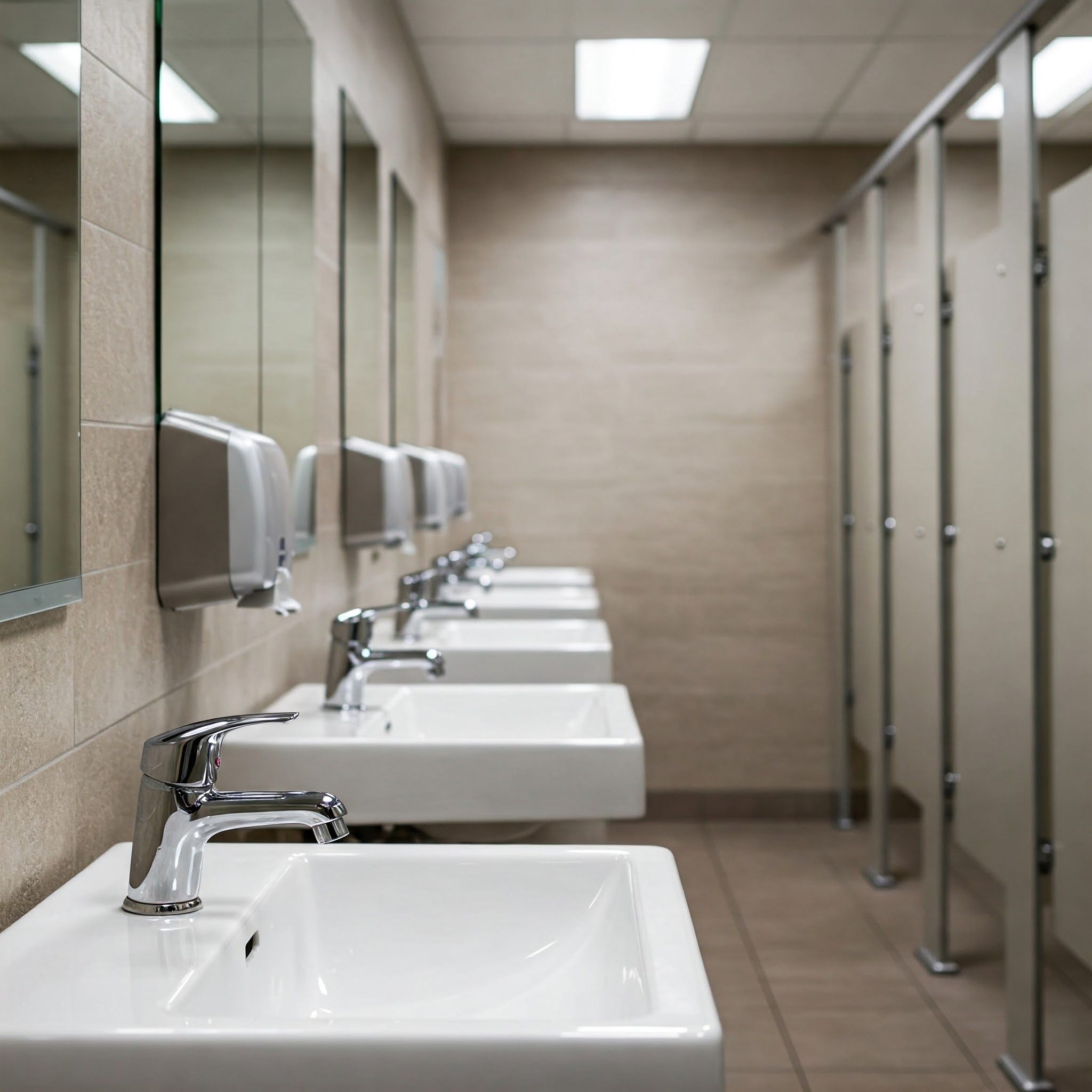Coming Soon: A downloadable ARA Advocacy Packet is in development.
We understand that being denied restroom access in a public setting can be a distressing experience. The American Restroom Association (ARA) is committed to working collaboratively with all stakeholders to find solutions and improve access for everyone.
First, please check if your state is subject to the Restroom Access Act, also known as Ally’s Law. You can find a list of applicable states and recommended next steps at here.
If your state does not currently have Ally’s Law, we believe a collaborative approach is essential to address this issue effectively. While the ARA’s capacity to respond to individual reports of restroom denials is limited, we are dedicated to fostering positive change through partnerships and advocacy.
Here are steps we encourage you to take, in collaboration with others:
- Engage with Local Authorities: Contact your county or city building inspector to understand the plumbing codes that apply. Specifically, inquire about how the International Plumbing Code, Section 403.3, and the Uniform Plumbing Code, Section 422.4, address public restroom access for customers, employees, patrons, and visitors. We encourage open dialogue with local officials to ensure these codes are understood and enforced.
- Partner with State and Local Public Servants: Reach out to your state and local legislators. Share your experiences and emphasize the importance of Ally’s Law. We believe that collaborating with public servants is crucial for advancing this legislation and creating meaningful change.
- Collaborate with Community Business Leaders: Engage with local businesses to discuss the importance of accessible restrooms. We believe that working together to find practical solutions that benefit both businesses and the community is key to improving restroom access.
- Inform the Community: Share your story with local news outlets and community organizations to raise awareness and foster a broader dialogue. We believe that community education and engagement are vital for driving change.
- Seek Legal Counsel (If Necessary): If needed, consult with legal professionals to explore potential remedies.
The ARA is committed to working alongside community business leaders and public servants at the state and community level to advocate for improved public restroom access and needed legislation. We believe that through cooperation and collaboration, we can make significant progress in ensuring that everyone has access to clean, safe, well-designed restrooms.
